Over the past few years schools have shifted from the ‘ screen and evaluate ‘ model of service to RtI (Response to Intervention)/MTSS ( Multi-Teired System of Support ). This new mind set of service means a more thorough look at the students and their abilities prior to evaluation, but also more time for the SLP. Even though it is more work ( scheduling, planning, completing sessions, logging data, etc ) it has helped me to ensure that the students on our caseloads are the students who truly need to be.
ASHA supports SLPs being involved in the RtI/MTSS approach. “SLPs working in districts that choose to implement RTI procedures are uniquely qualified to contribute in a variety of ways to assessment and intervention at many levels, from systemwide program design and collaboration to work with individual students. SLPs offer expertise in the language basis of literacy and learning, experience with collaborative approaches to instruction/intervention, and an understanding of the use of student outcomes data when making instructional decisions.” To read the full article you can visit ASHA.
After getting student after student recommended for RtI support last year, on top of my regular IEP caseload, I needed a way to make this system easier and more streamlined. I thought ” Wouldn’t it be nice if everything was already done and laid out for me?”. The grab-n-go concept really seemed to click as an approach that would help to reduce the stress of providing these services without taking from the efficacy or effectiveness of them. Sooo after literally months of working, I give you The Language Intervention Survival Kit: Elementary Edition!
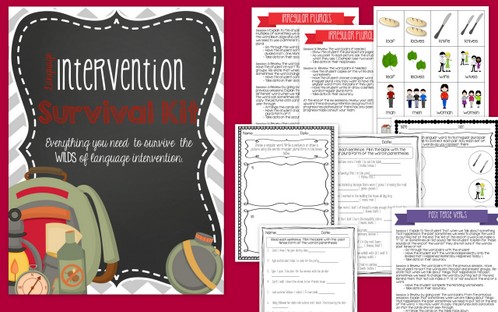
So what is in this kit that is going to make your RtI/MTSS services easier? This kit has activities to target the 7 most common areas that elementary SLPs target: Irregular Plurals, Irregular Past Tense Verbs, Regular Past Tense Verbs, Following 2 Step Directions, Categorizing, Pronouns ( he/she/they ), Answering WH Questions. You may notice there are two cover options, mainly because I couldn’t decide which one I liked better. 🙂
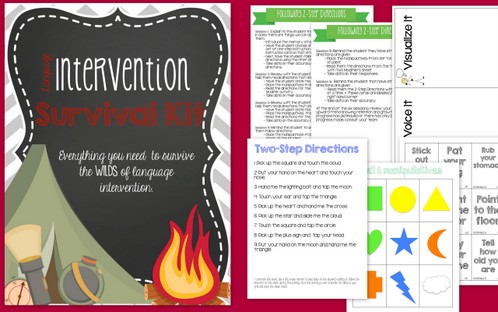
Each area comes with 6 sessions arranged in a hierarchy of progressive difficulty. They are designed to introduce the concept and take the student through it step by step with fading cues and supports.
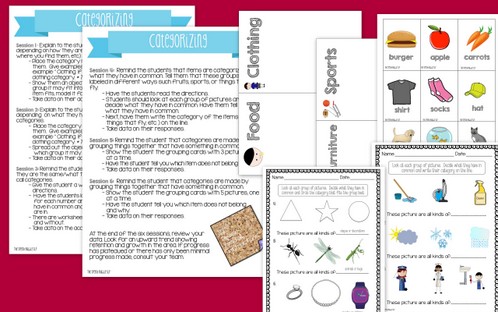
Each session is broken down with prompts to give, the materials you will need ( which are included ), and what data you will be looking to track. There are a variety of different activities such as sorting, matching, fill in the blank, complete the sentence, and more! Oh, there are worksheet options with and without choices for students who need more support as they learn the concept.
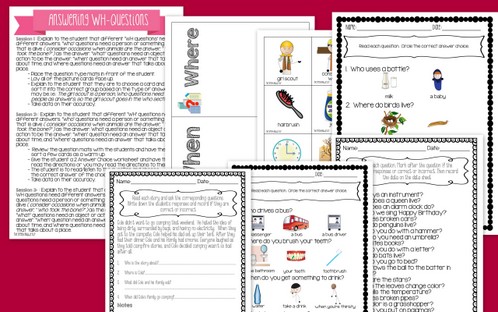
Also included are RtI forms for consent, progress, and data tracking. Everything is laid out for you all ready to go! You can download a preview at my TpT store to check out a brief sample. I also made a video to explain and show the components of this kit. I tried to give you as complete of a walk through as I could. You can watch the video HERE.
As the school year has started I have realized it is NOT just for RtI! I have used it with students to introduce these concepts as we start to address their goals. Their first sessions are basically already done for me; all I have to do is get out the kit and go. It has definitely made the start of the year a lot easier!
If you have questions about the kit please send me an email or leave a comment on this post. I would be more than happy to answer them 🙂

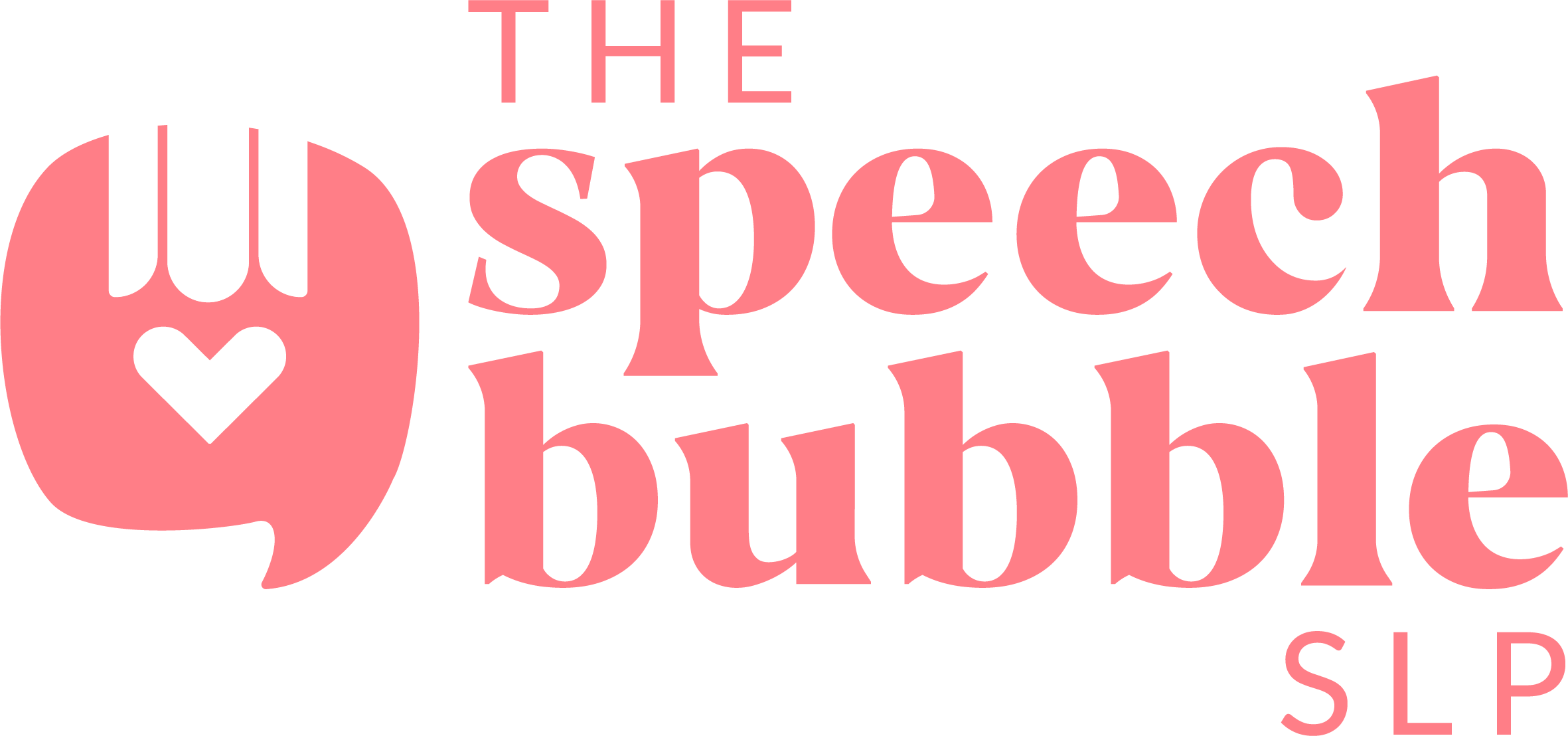






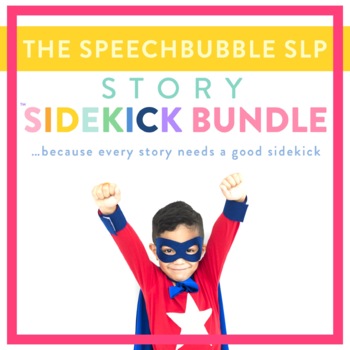
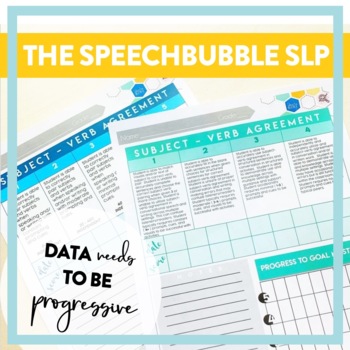
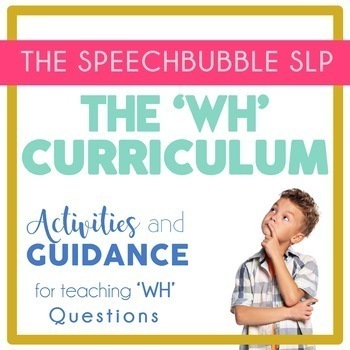


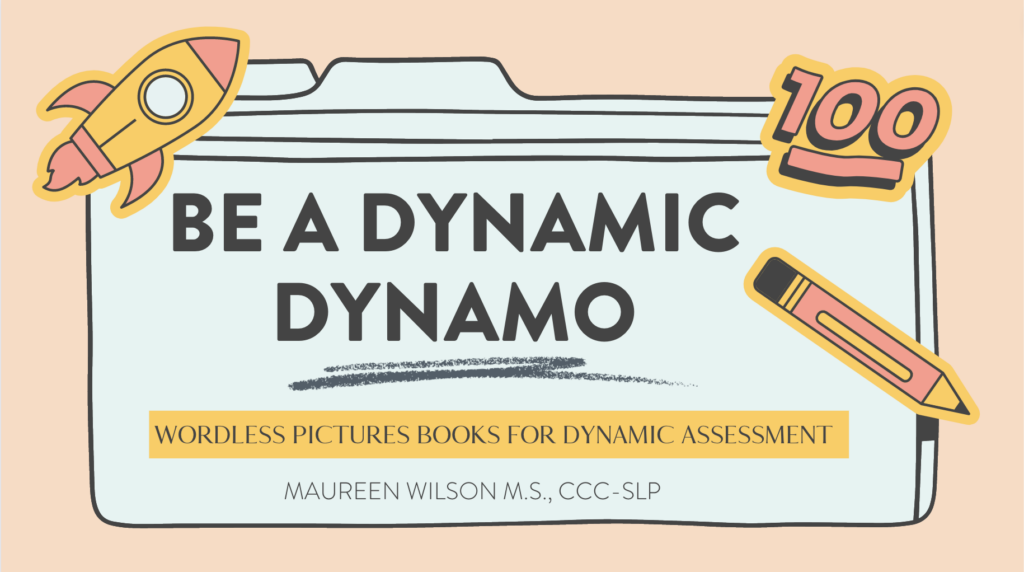
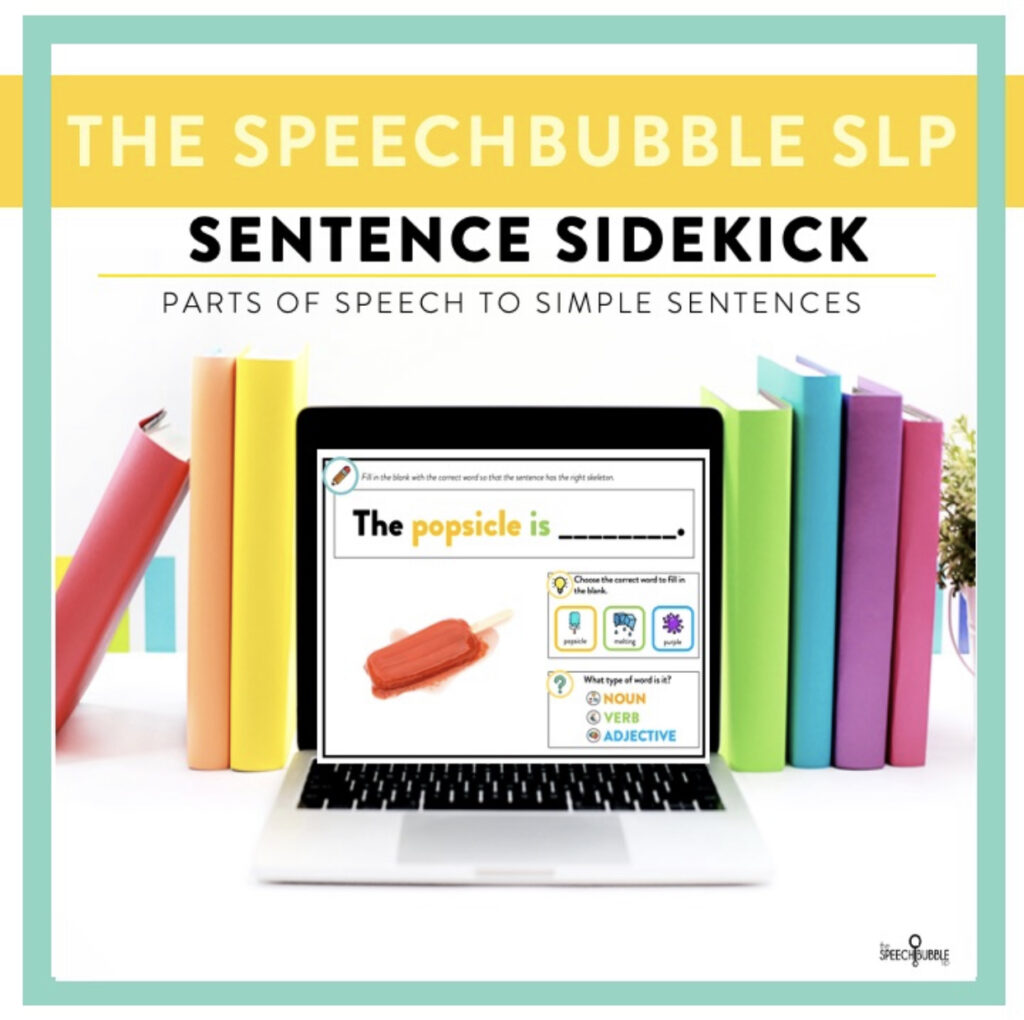
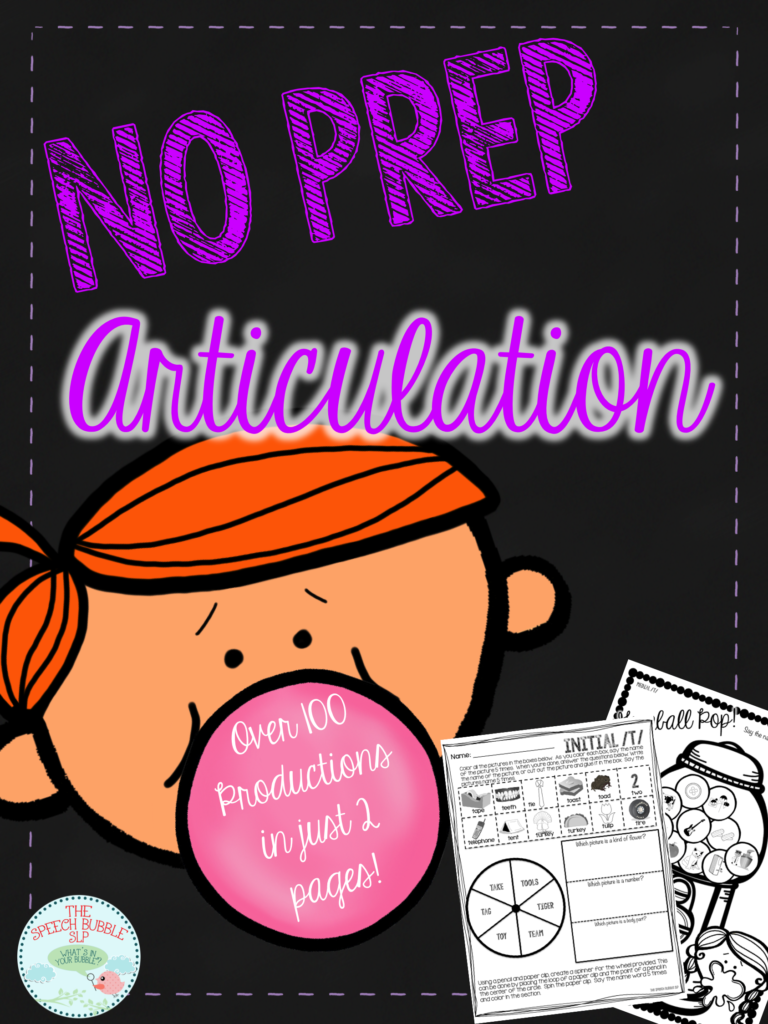
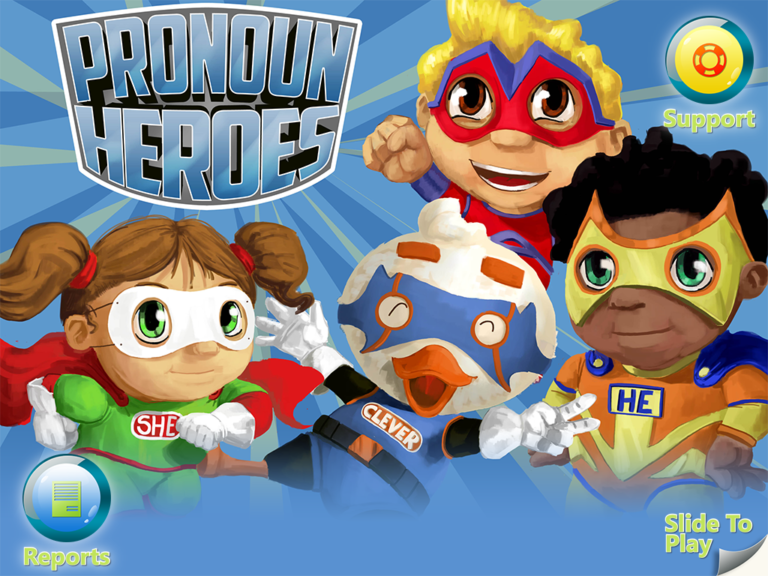
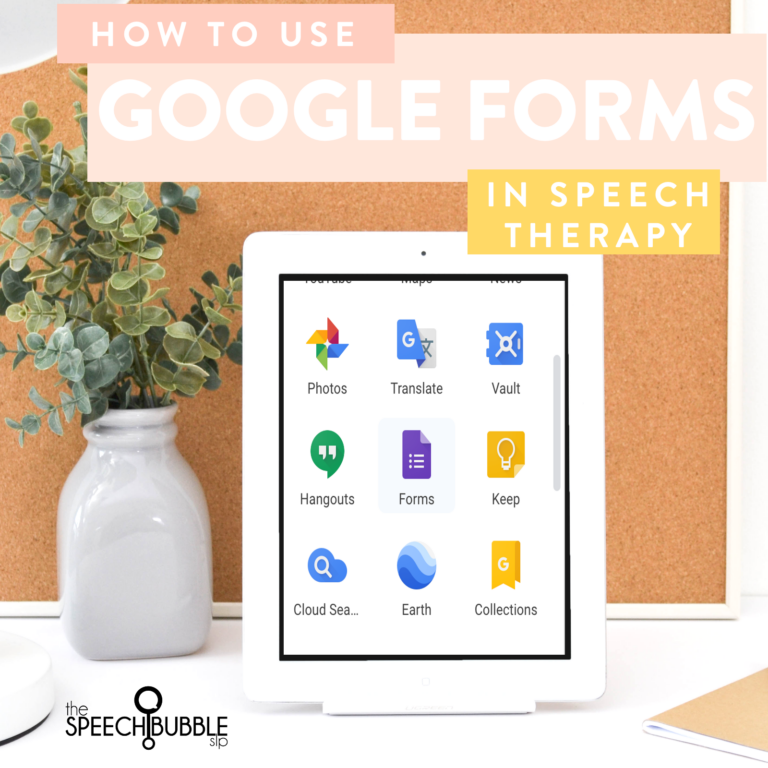

4 Responses
What grades is this best used for?
Hi Anna. I would recommend this for K-5, but the following directions and pronouns could easily be used with Pre-K. Also the WH questions and Irregular Verbs and Plurals could be used with 6th grade as well. I have also found that these are great intro lessons to skills as well as for doing interventions.
Hi Maureen,
I was wondering in your district is it always the SLP who delivers the Tier 2 support or if a paraeducator or teacher provides the intervetion?
Thanks!!
If it is speech/language need yes. I do have some TAs that I have trained to do some small support tasks in addition to what I’m doing.